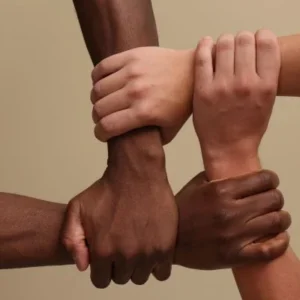The displacement crisis in Haiti has reached unprecedented levels, with more than 1.4 million people forced from their homes in 2025, marking a 36 per cent increase since the end of 2024, according to the International Organization for Migration’s (IOM) latest Displacement Tracking Matrix report. IOM Chief of Mission in Haiti, Grégoire Goodstein, emphasized the urgent need for sustained international support to match the generosity of local communities hosting displaced people, and called for solutions that restore dignity, foster resilience, and create long-term alternatives for those affected.
The crisis is spreading beyond the capital, with nearly two-thirds of new displacements occurring in the Centre and Artibonite departments. Existing displacement sites are overcrowded and under-resourced, while the number of spontaneous sites has grown from 142 in December to 238. Local communities continue to host around 85 per cent of displaced people, placing enormous strain on limited resources. Women and children are disproportionately affected, and many families have been separated, sending children to safer areas to protect them.
Along Haiti’s border with the Dominican Republic, communities face additional pressure from over 207,000 deported Haitians returning since January 2025, at a time when gang violence and instability remain rampant. In response, IOM has expanded operations beyond Port-au-Prince, delivering emergency shelter, clean water, health and mental health services, protection, and livelihood support to vulnerable families in affected provincial areas.
IOM is also working with authorities, partners, and communities to build safer, more resilient neighborhoods by investing in education, employment, and youth-focused programs, alongside community-led rehabilitation of public infrastructure. These efforts, guided by disarmament, demobilization, and reintegration principles, aim to create the foundation for lasting peace and stability in Haiti.
As humanitarian needs escalate, IOM urges the international community to increase funding and access to ensure urgent aid reaches those most in need, while also investing in long-term measures to address the root causes of displacement. Without immediate and sustained support, the suffering of hundreds of thousands of displaced and deported Haitians is expected to intensify further.







